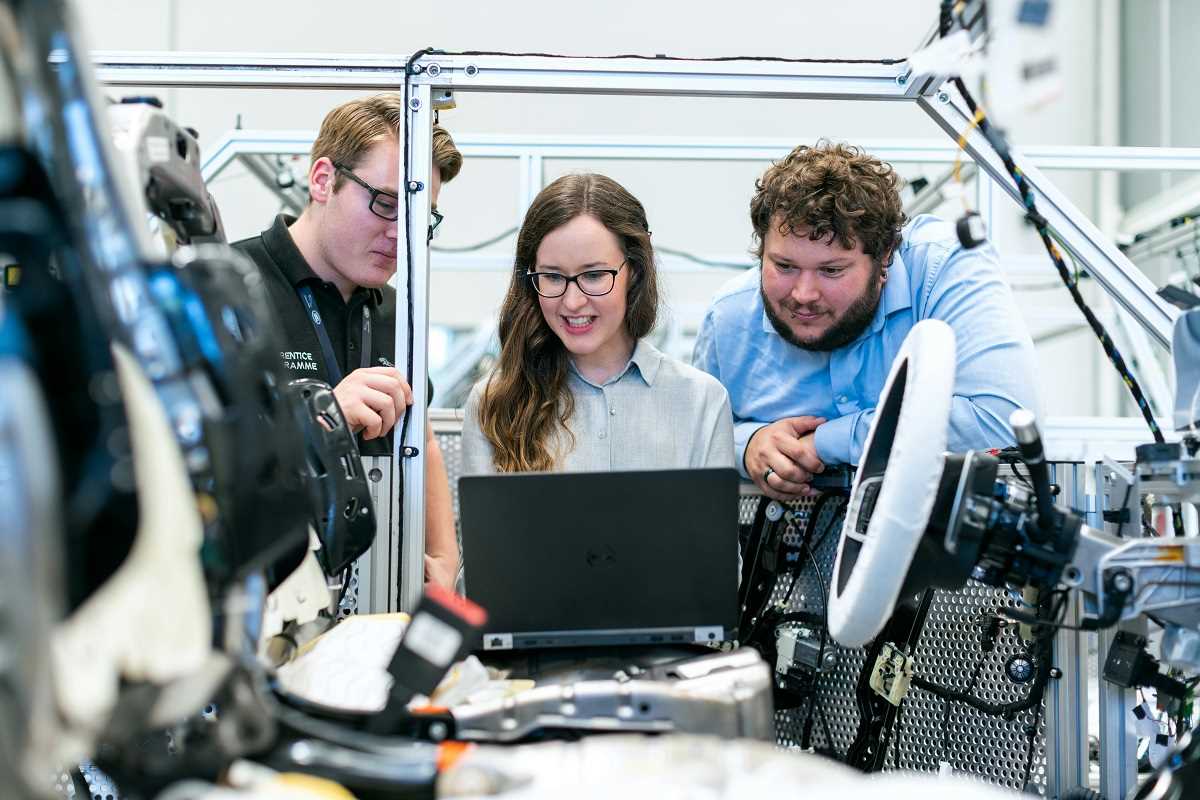Autonomous cars are no longer a figment of science fiction. From sleek Teslas navigating highways on autopilot to experimental Waymo vehicles cruising city streets, we’re stepping closer to a reality where vehicles drive themselves. While the idea of kicking back and letting a car chauffeur you to your destination sounds great, it comes packed with its own set of challenges. At the core of this innovation lies a tough question we can’t ignore: How should these cars make ethical decisions when faced with life-and-death scenarios?
This isn’t just a technical issue—it’s a philosophical and social one. And whether or not you're a tech lover, it’s worth understanding. Why? Because these questions around ethics in autonomous vehicles will likely shape the laws, regulations, and driving experiences of the future.
What’s the Deal with AI in Cars?
Before we step into the ethical dilemmas, let's quickly break down how AI decision-making in autonomous cars works.
In simple terms, autonomous cars use artificial intelligence (AI) to make decisions. AI is like the brain of the car, combining cameras, radars, and lasers to scan the surroundings, identify objects, and decide how the car should move. Is that a pedestrian crossing the street or just a shadow? Is that traffic light green or red? The car’s onboard AI has to figure all of this out in milliseconds to keep everyone safe.
But here's where things get tricky. The car isn’t just identifying objects; it’s also making decisions. These decisions could involve routine actions like braking at a red light, or they could involve more complex dilemmas. Imagine the car has to decide who to save in the event of an unavoidable accident. This is where ethics come into play.
The Trolley Problem Goes Autonomous
If you’ve ever taken a philosophy class, you’ve probably heard of the “Trolley Problem.” It’s a thought experiment where you’re asked to choose between two outcomes, both of which involve harm. Imagine this: A runaway trolley is speeding down a track. You can pull a lever to divert it onto another track where fewer people are standing. Do you pull the lever and save more lives, or do you avoid directly intervening?
For autonomous cars, this classic ethical dilemma is no longer theoretical. Computers are expected to “pull the lever” in milliseconds if faced with real-life scenarios that involve life and death.
Imagine a self-driving car is on a busy road when a child suddenly runs into the street chasing a ball. Simultaneously, the car notices there are pedestrians on the sidewalk and other vehicles in adjacent lanes. There might not be enough time to avoid hitting someone. How should the car decide where to swerve? Does it protect the car’s passengers at all costs, or does it prioritize the lives of pedestrians?
These split-second decisions might be impossible for humans to make consistently, but for a self-driving car’s AI, the decision process is clear-cut. However, that doesn't make it any less controversial.
Who’s Programming Ethics?
At the heart of these dilemmas is the question of who decides how AI should act in these situations. Is it the carmakers? The programmers? Governments? Philosophers? The truth is, it’s a combination of all these groups.
Here’s the challenge though. Different cultures and individuals have different ethical beliefs. For example, in some countries, people might prioritize saving the younger lives (children first) over older ones, reflecting the belief that younger people have a longer potential life ahead. Other societies might argue that everyone deserves equal consideration, regardless of age.
Researchers conducted a global study called “The Moral Machine Experiment” to explore these differences. They presented regular people from different countries with various life-and-death scenarios involving autonomous cars. The results? Opinions varied wildly. For instance, participants from Japan tended to favor protecting pedestrians, while those from western countries leaned towards prioritizing passengers. These differences pose a question for developers building AI systems for cars that could be sold anywhere in the world. Whose moral framework do we follow?
Bias in Algorithms – A Hidden Danger
One of the lesser-discussed challenges in AI decision-making is bias. AI systems are programmed by humans, and humans are not immune to biases. Whether intentional or not, these biases can creep into the technology.
For example, a car’s AI might have been designed using data to detect objects like pedestrians crossing the street. But what if the dataset it was trained on mainly involved white, urban pedestrians? Studies have shown that some AI systems struggle to recognize people of darker skin tones because their training data wasn’t diverse enough. This could lead to dangerous inaccuracies in critical situations.
And it’s not just about recognizing people. Location-based biases might also arise. Cars designed in Europe might operate differently in the chaotic streets of India or a rural road in the United States. If AI isn’t adaptable to different environments, accidents are bound to happen.
Programmers and engineers now face the challenge of ironing out these biases to ensure AI decision-making is truly fair and equitable.
Accountability in a No-Driver Scenario
While human drivers are held accountable for their actions on the road, who’s responsible when an autonomous car makes a bad decision?
Let's imagine an autonomous car crashes into another vehicle because of a technical error. Who takes the blame? Is it the car’s manufacturer, the software developer, or the car owner? Since these vehicles don’t have human drivers behind the wheel, traditional legal frameworks don’t apply.
Determining legal and moral accountability is a minefield. Some argue that manufacturers should shoulder the responsibility because they program the AI. Others say the car's owner should take some blame, especially if they failed to update or maintain the car properly.
This is why governments and legal experts are racing to develop regulations for autonomous vehicles. These laws aim to define clear responsibilities and ensure justice where needed. Until then, we’re in somewhat of a legal gray area.
Why It Matters
You might be thinking, “Okay, all this is fascinating–but why should I care?”
The way we solve these ethical issues impacts more than just cars. Autonomous vehicles could transform industries beyond transportation, including delivery, public transit, and even healthcare. Imagine an autonomous ambulance that has to decide whether to speed through a red light to save a patient but risk hitting another car.
The ripple effects also extend to societal trust. If people don’t feel comfortable relying on self-driving cars, adoption will slow down significantly. For autonomous vehicles to succeed, society must believe they’re not only safe but also capable of making fair and ethical decisions.
Building a Framework for Ethical AI
Thankfully, industry leaders and governments are taking steps to address these challenges. Developing ethical AI in autonomous cars involves collaboration between tech companies, lawmakers, researchers, and ethicists. Here are some potential strategies being explored to tackle this issue effectively:
- Transparent Programming
Create AI systems that are open about how they make decisions. If everyone understands the logic behind a car's actions, it becomes easier to build trust.
- Global Ethical Standards
Establish international guidelines for how AI should handle moral dilemmas. These could help bridge cultural differences and ensure consistency.
- Continuous Learning
Train AI systems to adapt over time by incorporating more and more real-world data. This can help reduce biases and improve decision-making as technology advances.
- Accountability Protocols
Define clear rules on liability and responsibilities, so companies know exactly what’s expected of them when accidents occur.
As young professionals, you’re stepping into a world where AI will play a bigger role than it ever has in the past. And while you might not be coding self-driving cars or drafting AI laws, understanding these ethical dilemmas gives you a front-row seat to the future.
 (Image via
(Image via





